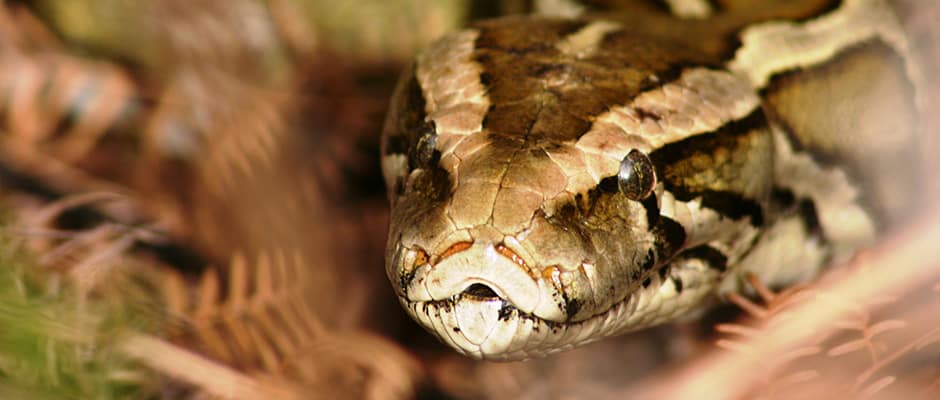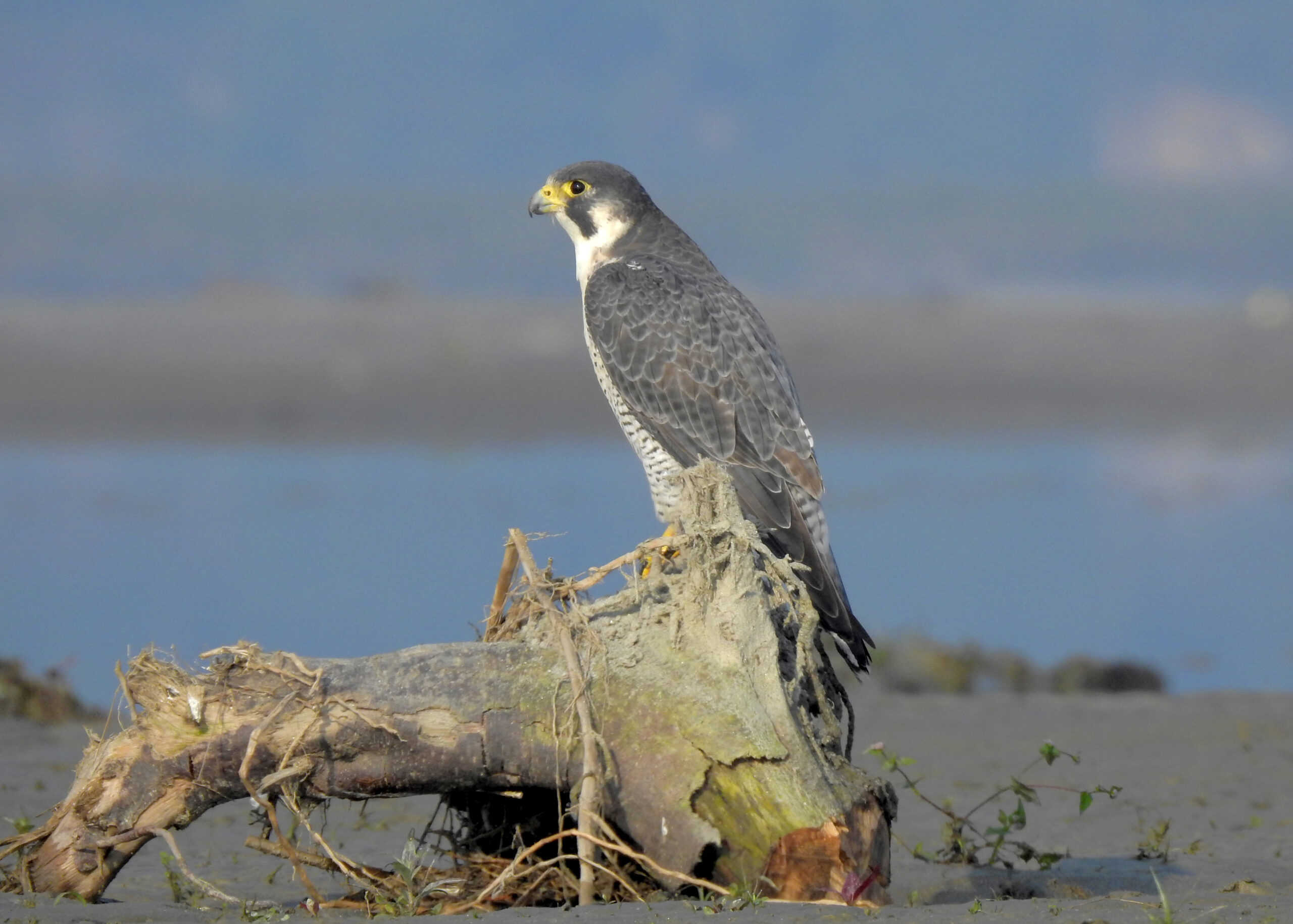Share this article
TWS Weighs in on Invasives Case
The United States Association of Reptile Keepers (USARK) has filed litigation against the U.S. Department of the Interior over the determination of eight nonnative constrictor snakes as injurious species under the Lacey Act.
TWS, the Center for Invasive Species Prevention, and the Natural Areas Association signed onto a brief as Amici Curiae, or “friends of the court,” for consideration in the case of USARK vs. Jewell, the Secretary of the Interior. Amicus briefs allow organizations or individuals directly involved in the case to detail to the court how the current case would affect the authoring organization and public interest.
All three organizations are part of the National Environmental Coalition on Invasive Species (NECIS). As part of its mission, NECIS seeks to “promote sound state, federal, and international policy that prevents harmful-nonnative, or invasive, species from being introduce, becoming established, and spreading in the United States.”
“We’re supportive of the scientifically defensible listing of these species as injurious under the Lacey Act,” says Laura Bies, TWS Director of Government Affairs. “Based on current research findings, limiting import and transport of these species is warranted to prevent ecosystem damage.”
USARK, which identifies itself as an organization representing segments of the reptile industry including hobbyists and breeders among others in its preliminary injunction, seeks to block full implementation of the final rules declaring the snake species as injurious.
Under the Lacey Act, the U.S. Fish and Wildlife Service (FWS) can enforce the prohibition on sale and transport of injurious species into the country and across state lines without a permit. FWS evaluated the eight species’ potential impacts on ecosystems and risk of establishment of populations in the wild, listing four original species in 2012 and the additional four species in March 2015.
The brief is supportive of the Fish and Wildlife Service’s listing the constrictor snakes as injurious based on USGS report findings indicating the impact of the nonnative constrictors have on native species, especially in biodiverse areas of Texas and Florida.
The brief also notes that interstate travel of these species exposes the public to potentially environmentally and economically harmful invasions, citing a study that reports escaped or released reptile species are more likely to establish populations than other potential invaders.
“A ruling in favor of USARK may undermine the 27 previous Lacey Act rulings, declaring over 200 species as injurious,” says Bies. “Blocking this rule will also weaken the ability of the Fish and Wildlife Service to mitigate impacts emerging threats like deadly fungal pathogens originating from imported amphibians currently petitioned for listing.”
Invasive species threaten or harm almost one fourth of native species listed under the Endangered Species Act and cause over $100 billion in economic loss and expenditures annually. Last year, approximately $80 million was spent on preventing further spread of the Asian carp, another injurious species. Early detection and action are key in preventing establishment of nonnative invasive populations that can cause irreparable damage to ecosystems.
Header Image:
A nonnative Burmese Python in Florida.
Image Credit: Kevin Enge/Florida Wildlife Commission








